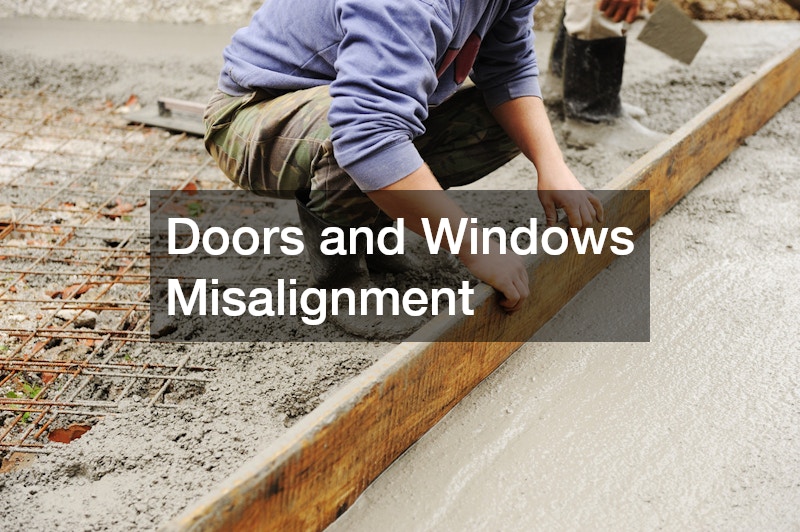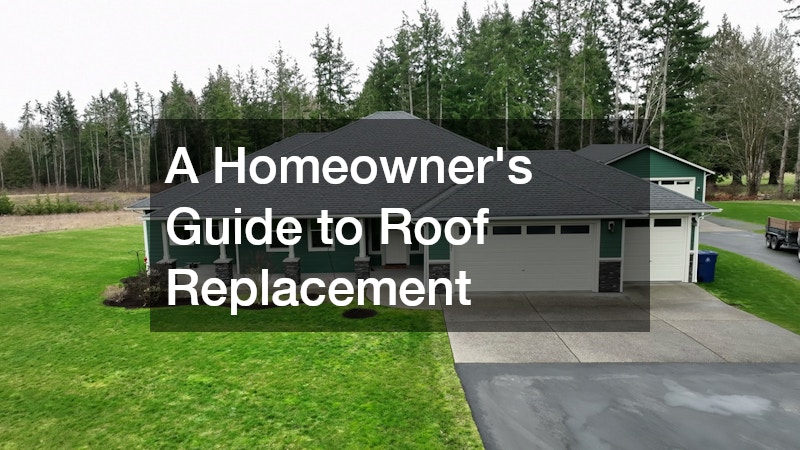The foundation of a home is its most important structural component, providing support and stability. Ignoring the signs of foundation distress can lead to extensive damage and costly repairs. Homeowners must be vigilant in recognizing early signs of foundation problems to maintain the integrity and value of their property.
Visible Cracks and Fractures
Cracks in walls and floors often indicate significant underlying foundation issues. These fractures can start small but may expand over time, leading to more significant structural problems.
Homeowners should monitor these cracks and consult with local foundation repairs specialists if they grow or appear in unusual patterns.
Minor cracks are common in many homes, but wide, expanding cracks should raise concern. Horizontal, stair-step cracks, especially in brick walls, can be signs of more severe foundation movement. It’s crucial to differentiate between cosmetic cracks and those indicating serious foundation problems.
Uneven or Sagging Floors
Uneven or sagging floors are another significant indicator of foundation troubles. As the foundation settles inconsistently, it can lead to dips and slopes in flooring. Walking on uneven floors is not only uncomfortable but can also pose a safety hazard in the home.
Foundation settlement can shift the entire structure, causing floors to bow and sag. In some cases, these changes can be subtle, while in others, they are immediately noticeable. Evaluating floor levels can be done using a simple marble or level to detect sloping.
Doors and Windows Misalignment
Difficulty in opening or closing doors and windows can strongly indicate a shifting foundation. As a house experiences movement due to foundation issues, it often affects door and window frames. This can cause them to stick, not latch properly, or become completely misaligned.
When doors rub against the frame or windows struggle to slide along their tracks, it’s crucial to consider potential foundation problems as the underlying cause. Misalignment can occur as the structure shifts, leading to operational issues. Homeowners should pay attention to consistent issues of sticking or non-aligning doors and windows.
Soil Movement and Settling
Soil movement and settling are primary causes of foundation problems. Changes in soil moisture levels, whether through water absorption or drought conditions, lead to expansion and contraction. This constant shifting can exert pressure on the foundation, causing it to crack or shift.
Different types of soil can behave differently under varying moisture conditions, impacting foundation stability. For example, clay soils are prone to expansion when wet and shrinkage when dry, affecting the foundation’s position. Recognizing the soil type around your home is important for assessing potential foundation risks.
Poor Construction and Design
Foundation issues can also stem from poor construction practices and design flaws. Substandard construction methods may result in inadequate soil compaction, improper foundation type selection, or insufficient load assessments. These oversights can lead to premature foundation failure.
Quality control during the construction phase is vital for lasting foundation stability. Builders following best practices in accordance with industry standards minimize long-term foundation risk. It’s important for homeowners to be aware of the quality and reputation of construction services when building or buying a new home.
Prevent Further Structural Damage
Addressing foundation problems early can prevent them from becoming larger and more expensive. The longer these problems are ignored, the more they can escalate into widespread structural damage. Organizations specializing in repair estimate that early intervention can reduce long-term repair costs by a significant margin.
Foundation issues often affect more than just the base level of a home. The longer they go unaddressed, the more likely they are to damage walls, ceilings, and roof structures. Proactive repairs protect these other areas from potential harm and maintain the home’s overall integrity.
Preserve Home Value
Maintaining a strong and stable foundation is critical in preserving a home’s market value. Foundation issues can significantly impact a property’s buying and selling potential. A sound foundation assures buyers of the home’s structural reliability, affecting valuation positively.
Home inspections often focus heavily on foundation integrity, treating it as a priority before transactions. Foundation certificates from repair specialists provide assurance of quality, promoting trust in value stability. Such actions not only preserve value but can enhance market appeal as well.
Safety Concerns
Structural integrity is fundamental for occupant safety, highlighting the necessity of addressing foundation issues. A compromised foundation can lead to uneven buildings, potential collapse risk, and unsafe living conditions. Immediate repairs eliminate threats and contribute to a secure living environment.
Recognizing the early signs of foundation issues is crucial for maintaining a secure and valuable home. Visible cracks, uneven floors, and misaligned doors and windows all point to potential foundation problems that require prompt attention. Understanding causes and prioritizing timely repairs not only prevent extensive damage but also preserve property value and occupant safety.





